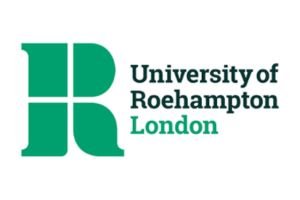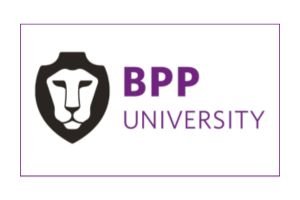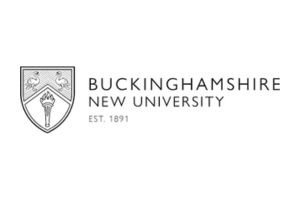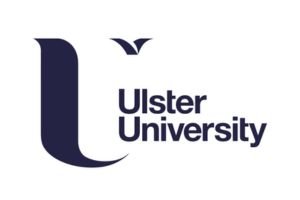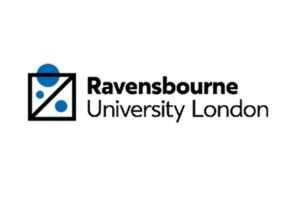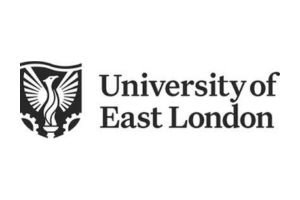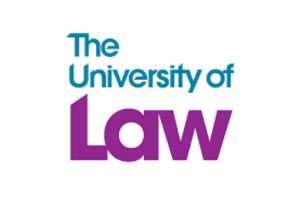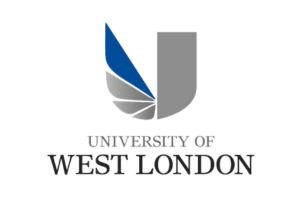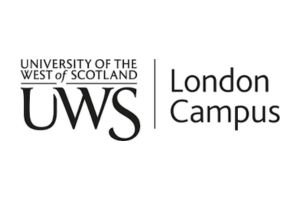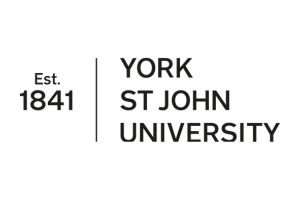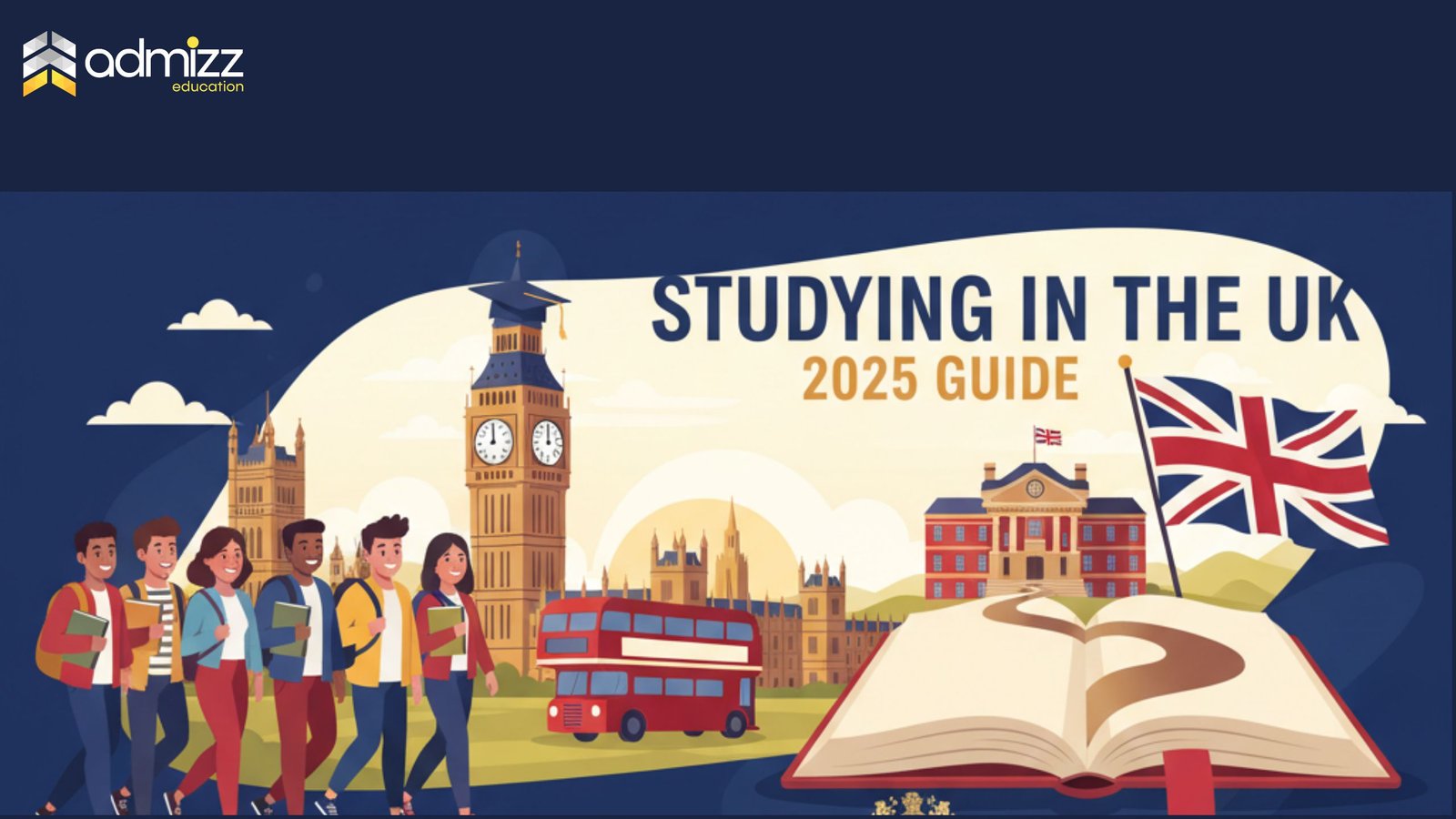Shape Your Future at World-Class Universities
STUDY IN THE UK
Unlock world-class learning, top-ranked universities, and life-changing international opportunities with expert guidance from Admizz Education. From choosing the right course and university to securing admission, scholarships, and visa approval, we make your UK study dream smooth, simple, and successful.
Students successfully enrolled worldwide
Student Visa Approval Rate with Expert Guidance
In Scholarships Awarded to Our Students


London
Capital

English
Language

+44
Dialing Code

Pound
Currency

67M+
Population

359
Universities

485,555
International
Students

6000/yr
Tuition fee
Why Study In the UK ?
Choosing the UK for higher studies opens doors to international exposure, employment opportunities, and globally recognized qualifications.

World-Renowned Universities
Oxford, Cambridge, Manchester, Bristol, Leeds, Birmingham, and more.

Affordable & Shorter Program Duration
1-year master’s and 3-year bachelor’s degrees.

Post-Study Work Visa (Graduate Route)
Stay and work in the UK for 2–3 years after graduation.

Flexible Course Options
Over 50,000+ courses across STEM, business, health, arts, media, aviation & more.

High Employability
UK graduates are preferred by global employers for their skills and academic quality.

Safe, Diverse & Student-Friendly
Over 600,000 international students from 180+ countries.
Admission Requirements for Studying in the UK
Applying to study in the UK involves a clear set of academic, documentation, and visa-related steps. To help students understand the process better, here is a complete guide to the admission requirements you must prepare before starting your UK education journey.
Admission Requirements for Studying in the UK
Universities in the UK require essential academic and personal documents to evaluate your eligibility. The commonly required documents include:
- Academic transcripts (10th, 12th, Diploma, Bachelor’s, Master’s—whichever applies)
- Degree certificates (if applying for postgraduate programs)
- Passport copy (front and back)
- Updated CV / Resume
- Statement of Purpose (SOP) explaining your career goals and program choice
- Letters of Recommendation (LORs) — usually 1 to 2 from teachers or employers
- English language test scores (IELTS, PTE, TOEFL, or Medium of Instruction letter if accepted)
- Work experience certificates (if required by the university or program)
Documents Required for CAS (Confirmation of Acceptance for Studies)
Once you receive a conditional or unconditional offer, the university will issue a CAS letter, which is mandatory for the UK student visa. To receive CAS, you must submit:
- CAS request form (provided by the university)
- Tuition fee payment receipt (partial or initial deposit as required)
- Bank statements showing required maintenance funds for 28 days
- Proof of living expenses as per UKVI requirements
- Financial affidavit/sponsorship letter (if sponsored by parents or guardians)
- Final academic documents (once conditions are met)
Visa Documentation (UK Student Visa / Tier 4 Visa)
For your UK Student Visa, the following documents are required:
- Valid passport
- CAS letter from the university
- Confirmation of financial support (bank statements, loan sanction letters, fixed deposits if accepted)
- Tuition fee payment receipts
- Proof of English proficiency (IELTS/PTE/TOEFL)
- Academic documents (all certificates and mark sheets)
- Passport-size photographs (meeting UKVI specifications)
- UKVI application form
- Visa fee receipt and IHS (Immigration Health Surcharge) payment
Academic Intakes in the UK
The UK offers three major academic intakes, giving flexibility to students:

September / Fall Intake (Major Intake)
Largest intake with maximum course availability.
High competition and most preferred by international students.

January / Winter Intake
Second-largest intake
Ideal for students who miss the September deadline

May / Summer Intake
Limited courses (mainly MBA, IT, healthcare, and selected programs)
Best for students seeking faster admission with fewer applicants
Cost of Studying in the UK
Planning to Study in the UK requires a clear understanding of the overall costs involved.
| Program | Tuition Fees (Per Year) |
| Undergraduate | £10,000 – £20,000 |
| Postgraduate | £12,000 – £25,000 |
| MBA / Professional | £20,000 – £35,000+ |
| Living Expenses | £9,000 – £12,000 per year |
| Health Surcharge (NHS) | £470 per year |
Note: Your total costs vary by city. London is higher; smaller cities are more budget friendly.
UK Student Visa Process
1. Choose Course & University
Select a UKVI-approved institution and the right course.
2. Submit Application
Apply through UCAS or university portals with required documents.
3. Receive Offer Letter
Get conditional or unconditional offer based on your eligibility.
4. Meet Financial Requirements
Maintain sufficient funds for tuition and living expenses.
5. Complete TB Test
Take your TB test at a UKVI-approved centre.
6. Request CAS
Submit documents and fee receipts to receive your CAS number.
7. Prepare Visa Documents
Collect CAS, bank proof, TB certificate, transcripts, and passport.
8. Apply for Visa
Fill UKVI visa form and pay visa + IHS fees.
9. Book Biometrics
Schedule your VFS appointment for biometrics submission.
10. Attend VFS Appointment
Submit biometrics and necessary documents at VFS.
11. Wait for Decision
Visa processing typically takes 1–3 weeks.
12. Collect Passport
Receive your passport with visa vignette.
13. Travel to UK
Carry all essential documents when flying to the UK.
14. Collect BRP
Pick up your BRP card within 10 days of arrival.
Everything You Need to Know
The standard UK Student Visa usually takes 3–6 weeks for processing, depending on your home country and application accuracy.
Yes, the UK offers plenty of part-time job opportunities in retail, hospitality, customer service, and campus roles.
Absolutely. The Graduate Route (Post-Study Work Visa) allows students to stay and work for 2 years (UG/PG) or 3 years (PhD).
Popular courses include MBA, Data Science, Engineering, Healthcare, Law, Computer Science, Business Analytics, Pharmacy, and Finance.
Yes, most UK universities accept study gaps if properly justified with experience letters, family reasons, medical documents, or valid explanations.

